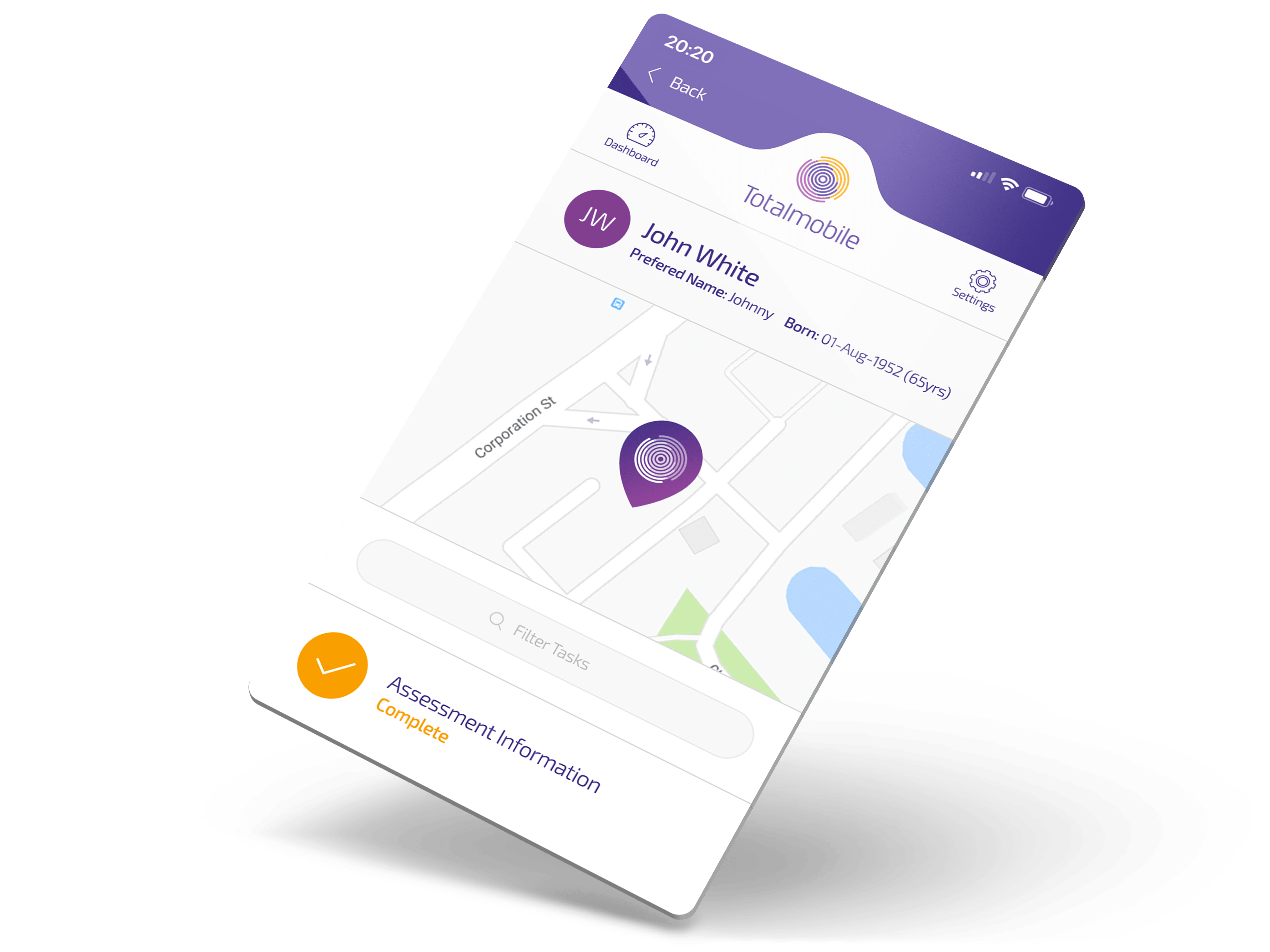What is a Mobile Worker?
A mobile worker is anyone with no fixed workplace, working from different locations away from their base of operations.
In field service management, mobile workers play a vital role in ensuring that businesses can meet the needs of their customers. In the UK, roughly one in five businesses have a mobile workforce and employ over 6.7 million people. That’s a lot of people, and the market is growing. But what exactly is a mobile worker, and how do they fit into the larger picture of field service management? This blog will explore what mobile workers are and their characteristics.
What is a Mobile Worker?
A mobile worker is an employee who works remotely and is not tied to a physical office or location. Instead, they perform their duties in various places, often travelling from one job site to another.
In field service management, mobile workers are responsible for providing customer services at their location, whether in their homes or businesses. Mobile workers can include technicians, repair specialists, field service engineers, and other service personnel working in the field. Examples of mobile workers are present throughout the UK economy:
- Airline pilots and cabin crew who spend the majority of the working day travelling to different airport destinations
- Emergency services personnel who may or may not have a fixed base and spend most of their time travelling to patients or responding to calls
- Care workers travelling from patient to patient on the road, typically providing services in the home
Mobile workers are essential in field service management because they link the business and the customer. With mobile workers, companies can cost-effectively provide timely and efficient services to their customers.

Characteristics of a Mobile Worker
Mobile workers possess several key traits that make them successful in their roles. These include adaptability, self-motivation, independence, strong communication skills, and a willingness to learn new technologies and techniques. Mobile workers must work well under pressure and handle unexpected situations that may arise on the job.
In field service management, there are several types of mobile workers, each with specific roles and responsibilities. These include:
- Field service technicians responsible for installing, repairing, and maintaining equipment and systems in the field.
- Repair experts specialise in repairing specific types of equipment, such as HVAC systems, appliances, or electronics.
- Field engineers who design and install new systems and equipment in the field.
- Service personnel who provide a wide range of services to customers, such as cleaning, maintenance, and repair.
What is the difference between a remote worker and a mobile worker?
In field service management, a mobile worker typically refers to an employee who is out in the field, working on job sites or visiting customers. They usually have a specific geographic area or route and use mobile devices or tools to manage their work, communicate with the office, and access job information.
On the other hand, a remote worker is typically an employee who works outside the office, often from their home or another remote location. They may work in various roles, including customer service, technical support, or administrative work. They typically rely on digital tools and communication platforms to collaborate and complete their work with their colleagues.
What tools do mobile workers need?
Mobile workers rely on various tools and technologies to perform their jobs efficiently. These include mobile devices such as smartphones and tablets, which allow them to access customer information, service manuals, and other critical information on the go. They may also use specialised equipment, such as diagnostic equipment, power tools, and other instruments specific to their trade.
Mobile workers may also use software tools to manage their work schedules, track their time and expenses, and communicate with customers and other team members. For example, some businesses use cloud-based work order management software to manage their mobile workers and work orders, allowing them to track the progress of their jobs and assign new work orders as needed.
What challenges do mobile workers face?
Work-Life Balance
While mobile workers offer many benefits to businesses, they also face several challenges in their role. One of the most significant challenges is managing their work-life balance, as mobile workers often spend long hours travelling from job site to job site. This can be incredibly challenging for mobile workers who have families or other responsibilities outside of work. Some businesses offer flexible scheduling options or remote work opportunities to overcome this challenge, allowing mobile workers to balance their work and personal lives more effectively.
Staying Connected
Another challenge that mobile workers face is staying connected with their teams and customers while on the go. Communication can be difficult in remote areas or when dealing with poor network coverage, which can cause delays in completing work orders or responding to customer requests. Mobile workers may also need help to stay up-to-date with the latest technologies and techniques in their field, impacting their ability to provide high-quality services.
To overcome these challenges, businesses must provide mobile workers with the resources they need to be successful, including flexible scheduling options, remote work opportunities, and access to the latest technologies and training.
Mobile Workers
In conclusion, mobile workers are essential to field service management, providing critical services to customers at their location. They are critical in field service management’s fast-paced business environment. By understanding their characteristics, benefits, tools, and challenges, businesses can better leverage mobile workers to provide high-quality services to their customers, increase efficiency and productivity, and achieve greater success in their field.


















